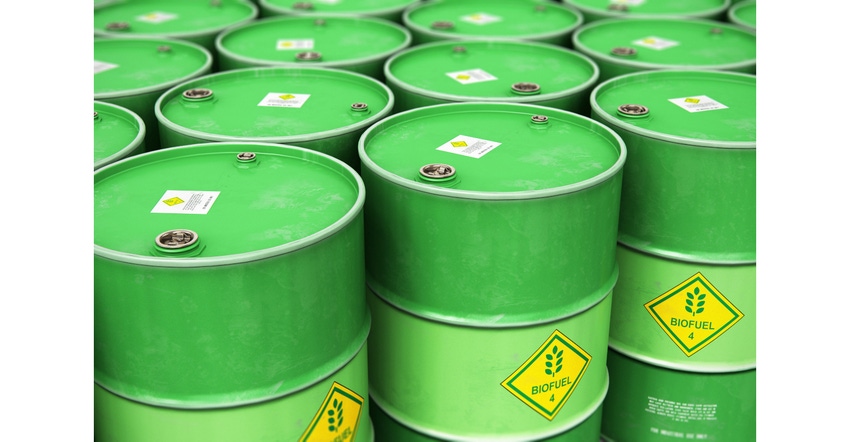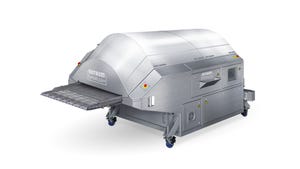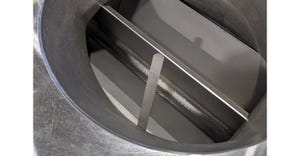Biodigesters will capture the methane gas emitted by the company's operations and convert it to biogas.
June 5, 2023

Global food company leader JBS is installing biodigesters as a new solution for the methane gas emitted in its industrial operations: the production of biogas, a renewable and clean energy source.
The first phase of the project covers nine Friboi units and reduces by 65% the business's scope 1 emissions, representing a reduction of 24.6% in scope 1 emissions across all JBS activities in Brazil. The R$54 million (US $10.93 million) investment is the largest project of its kind in Brazil's protein industry, reducing the environmental footprint of its production process.
The biodigesters will capture the methane gas emitted by the company's operations and convert it to biogas, a clean fuel that has been making a name for itself within the context of the global energy transition to a low-carbon matrix.
Biogas has a triple application: steam production in the boilers at the units, replacing biomass; as a source of electricity generation; and as a fuel for the fleet of JBS Transportadora, replacing diesel, or in a hybrid system. These applications enable a reduction in scope 1 (direct) and scope 2 (referring to electricity use) emissions.
The project will be running by mid-June 2023 at nine Friboi plants in the states of São Paulo, Mato Grosso do Sul, Mato Grosso, Goiás, Minas Gerais and Rondônia. The construction work at the units at Andradina (SP), which has had a biodigester system since 2021, Campo Grande I (MS), Lins (SP), Mozartlândia (GO) and Ituiutaba (MG) has been concluded. The others are in the final installation phase.
"In line with our circular economy actions, the biodigesters will reduce our methane emissions and initiate the production of clean and renewable energy. This project strengthens our view that agribusiness is part of the solution for addressing the challenges of climate change that the world is facing", said Maurício Bauer, corporate sustainability officer, JBS Brazil. Currently, almost 90% of the company's electricity matrix in Brazil is from renewable energy sources.
The investment in biogas projects in Brazil reflects the commitment by JBS to become Net Zero by 2040, in other words, to zero the net balance of the greenhouse gas emissions across the entire value chain, reducing direct and indirect emissions and offsetting residual emissions. At the global level, JBS has been engaging in methane capture in its operations for decades.
There are currently 14 plants in the US and Canada with biodigester systems. The clean energy fuels boilers and is used to produce electricity at the company's units, and also is sold to gas companies. The projects in operation in the US and Canada have reduced the external demand for natural gas, a fossil fuel, by 20% and have meant that JBS has ceased emitting 650,000 tons of greenhouse gases annually.
JBS intends to expand the biogas production projects in the US and Canada, along with new investments in Mexico. Also, in partnership with the company Energy360, JBS is investing in biogas projects in Australia, with the potential to eliminate 60,000 tons of CO2 emissions, with annual savings of AUS$ 2 million in natural gas expenses.
About the Author(s)
You May Also Like




